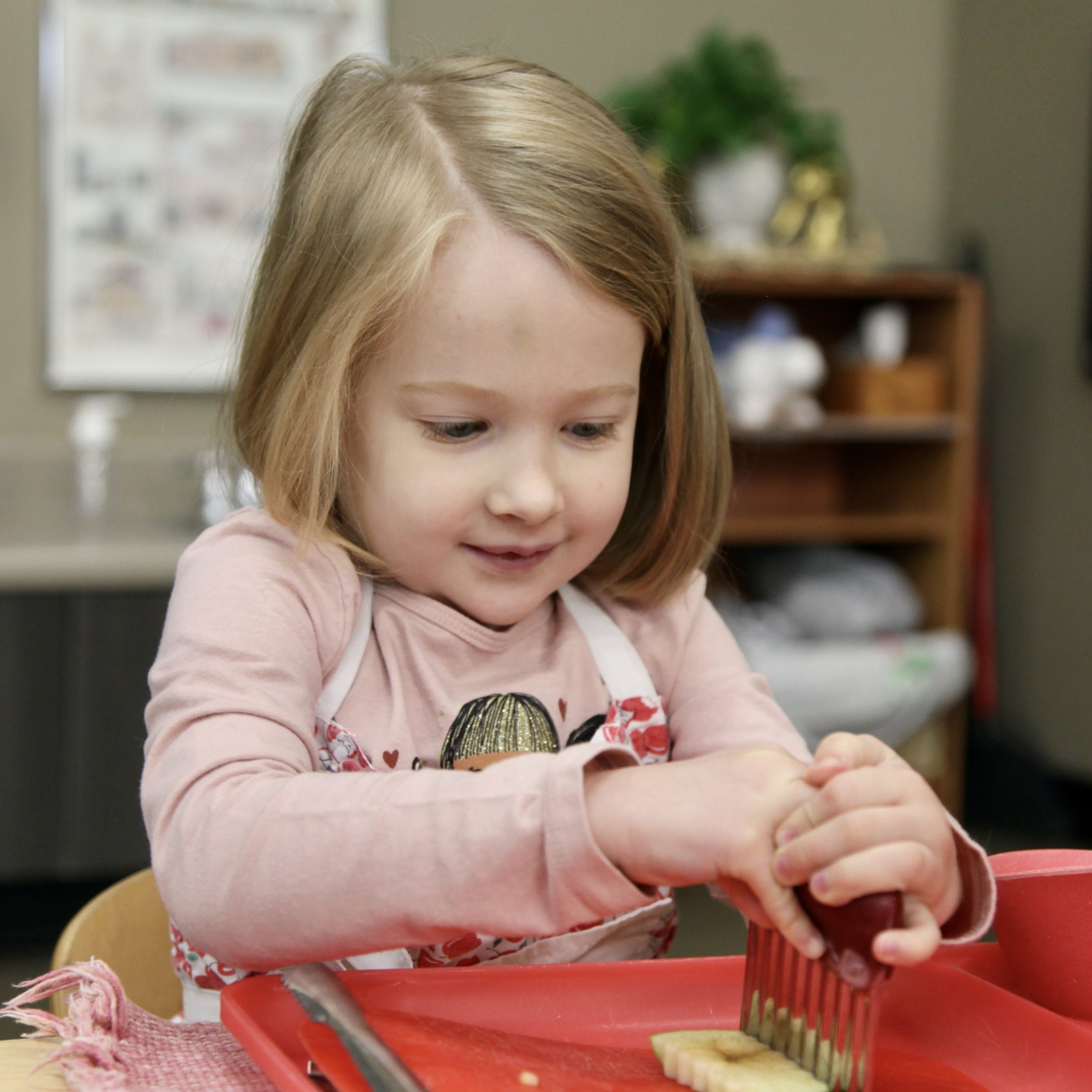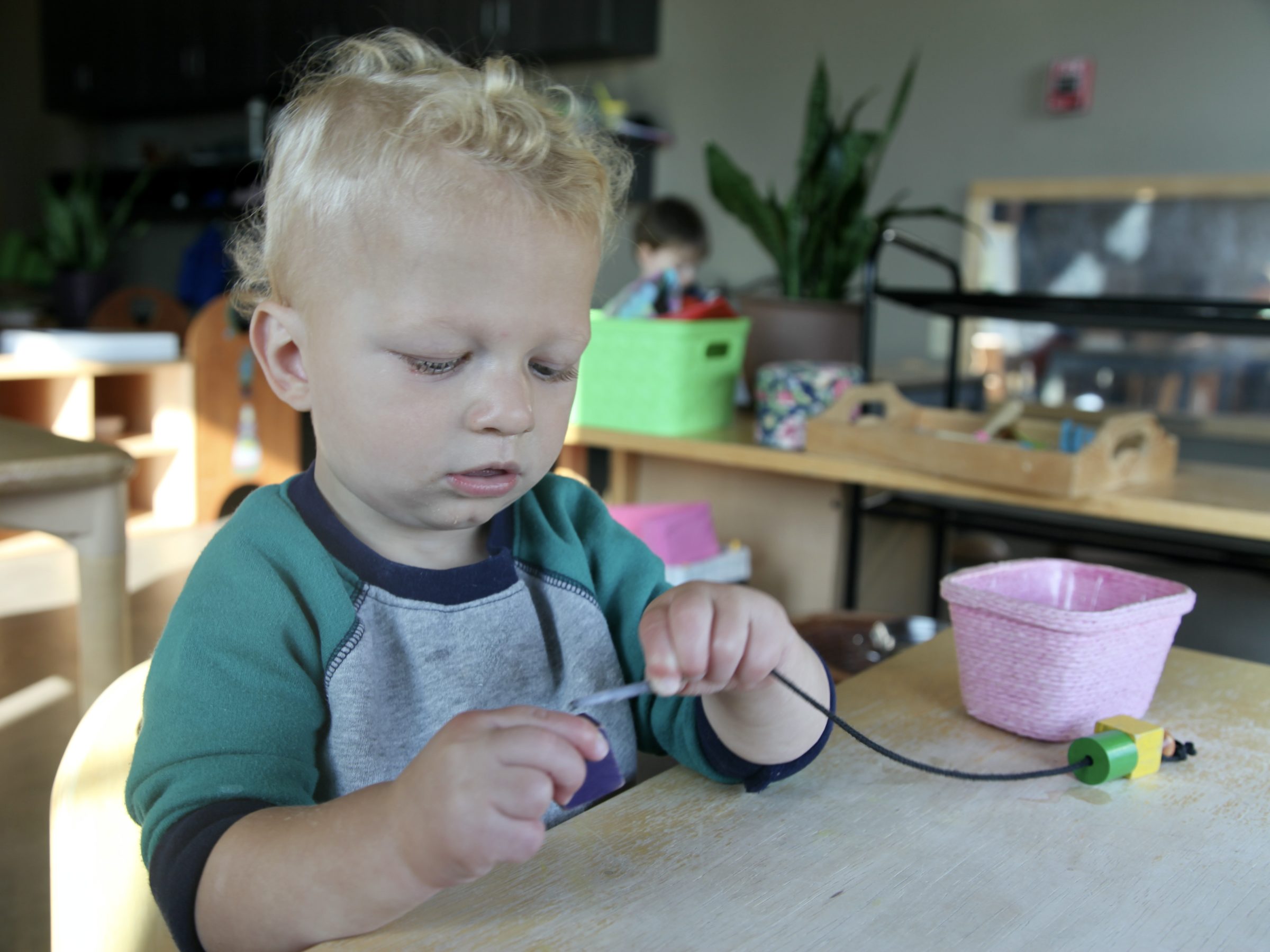The Importance of No
Thoughts & Reflections
Every parent wants to do right by their child. To give their child every opportunity, to protect their child from pain, to make every day better than the last.
“No” feels antithetical to that.
We would rather avoid saying “no.” It’s unpleasant. No one likes to hear it, so why do we want to say it? No parent enjoys saying no, and once you get in the habit, it’s easy to reply, “no” to every request, even before your child has finished speaking.
Can I get a toy?
Oooh Mom candy!
There’s this party on Friday…
Dad, can I…
Mom, please…
Can…
No. No. No.
You realize you’re no longer even listening. It doesn’t matter what the question is, your automatic response has become no.
Just as a child stops listening when 80% of what they hear is a command, pick up your toys, eat your dinner, stop poking your sister, you stop listening when it’s just another request for something more. You have nothing left. No patience. No cope. No time.
“No is just as good an answer as yes.”
You’re tired of saying no. You feel like it’s all you ever say. It has no weight or meaning or power anymore.
So the pendulum swings the other way. You decide to stop saying “no.” You will avoid it at all costs.
I want candy for breakfast.
But here’s your oatmeal.
I don’t want oatmeal, I want candy.
Don’t you want this delicious oatmeal?
No, I want candy.
… (insert panicky pause) You can watch TV if you eat your oatmeal.
You use every tactic to avoid saying no. Distractions. Bartering. Pleading.

Is that any better? We are the adults. It is our responsibility to be the scaffolding for children. Not to be so tight they suffocate, Creeping Jasmine tethered into submission; not to be so lax the child falls and has no safety net, no support.
No is not a bad word.
No is just as good an answer as yes.
No is important to help our society and our individual selves function. A red light is no. A full stomach is no. Feeling sleepy is no. These are signs indicating a necessary change.
We can’t always have candy. We can’t get a new something every time we go to the store. We can’t run into the street.
The message sometimes can be, should be, must be no. The answer doesn’t need to be no.
I want candy for breakfast.
Candy is delicious, isn’t it? Candy is not a breakfast food. Breakfast choices are oatmeal or eggs.
I’m sorry, we don’t have any candy.
Candy is not available right now.
All of these messages are no. None of these answers are no. All these answers are respectful and honor what the child has asked. They honor the child’s curiosity, testing boundaries, being in communication, wondering what the rules of today are. They honor your role as the parent, being consistent, stable, setting clear and precise boundaries.
“We want to be comfortable with no, with safe disappointment, with moving on from that disappointment.”
These responses help a child to determine a flow chart of when candy IS an option, or when we get something new from the store, or where we can run, or how to interact with others, or myriad other situations a child is navigating every day.
It is the child’s job to figure out this world. We are here to keep them company. There are so many times in this world when we encounter “no,” and we are not allowed to have a tantrum every time that happens. We are entitled to ask, we are not entitled to always get what we want.
Learning this message early is valuable to a child. We want to be comfortable with no, with safe disappointment, with moving on from that disappointment.
Avoiding “no” altogether does not help develop this comfort. Expressing “no” with love, consistency, firmness, and respect does.
Written by:
Charlotte Snyder






